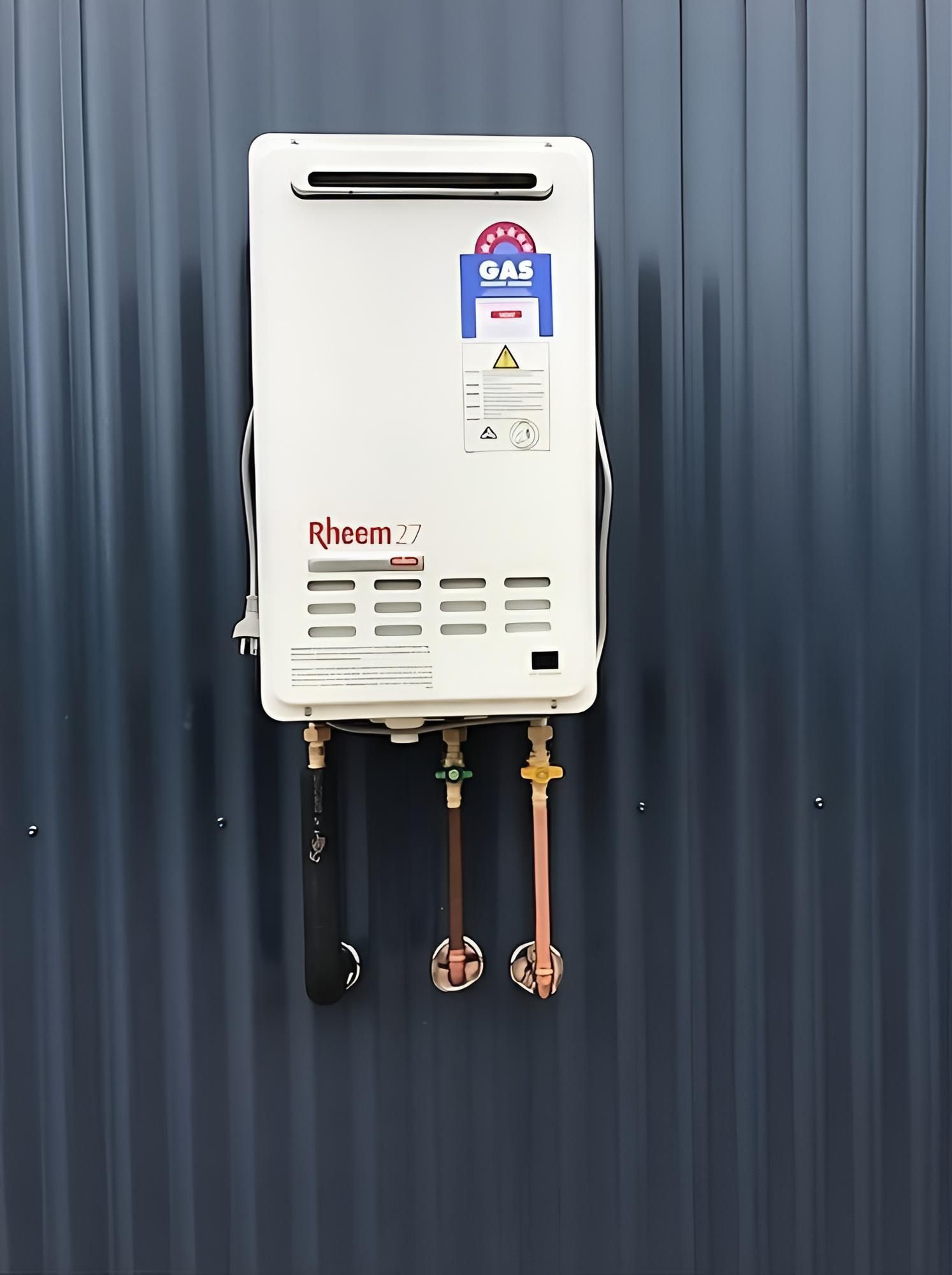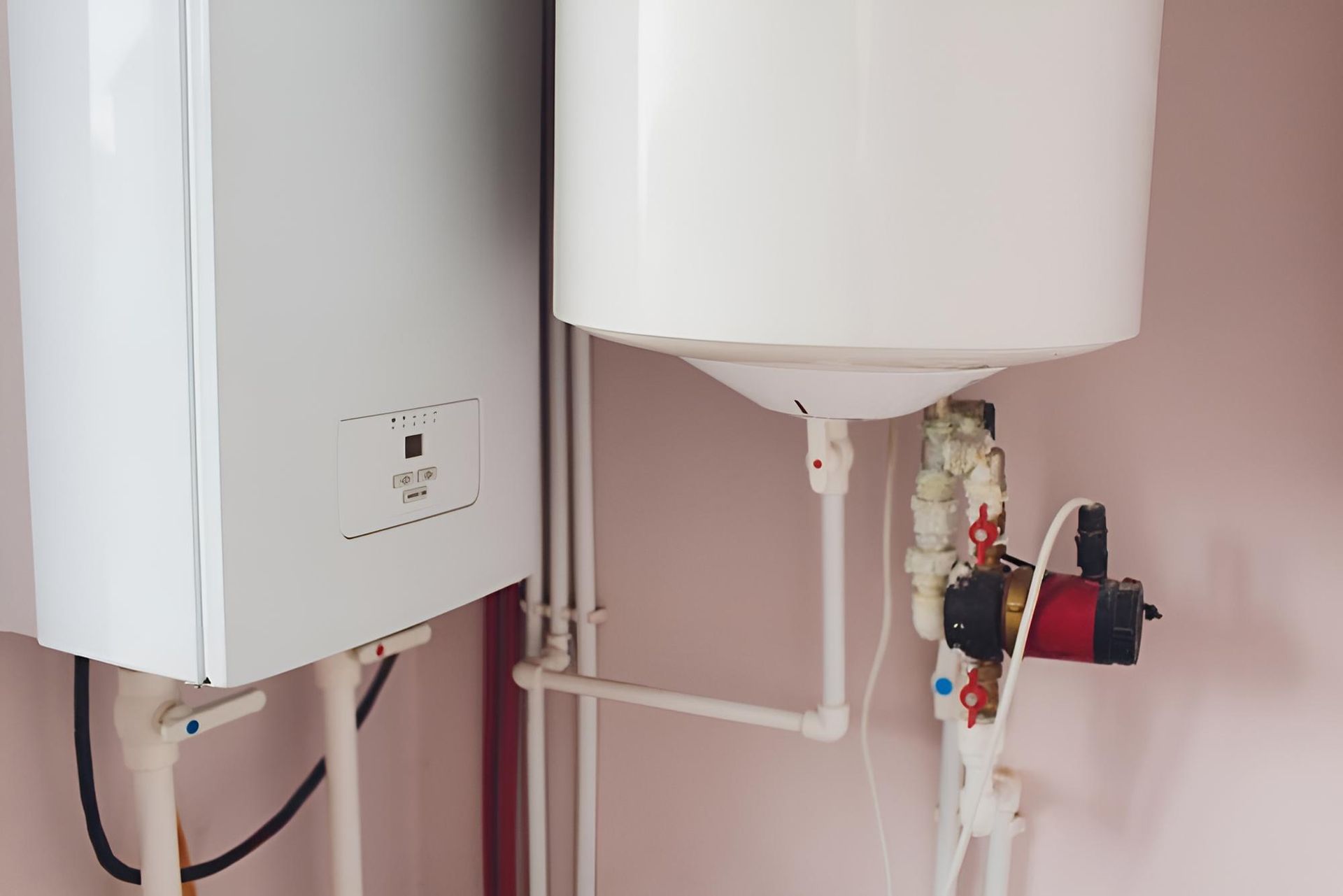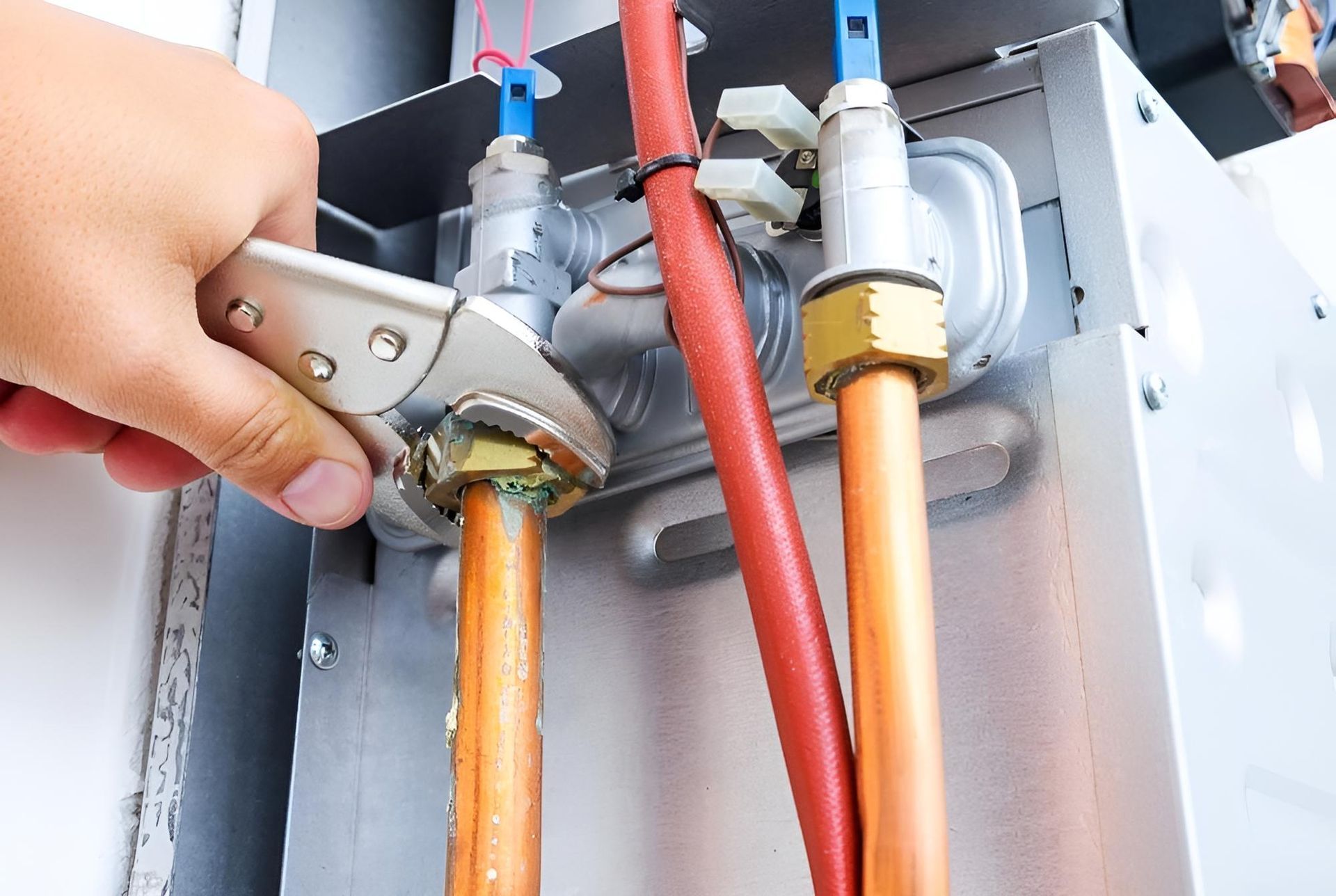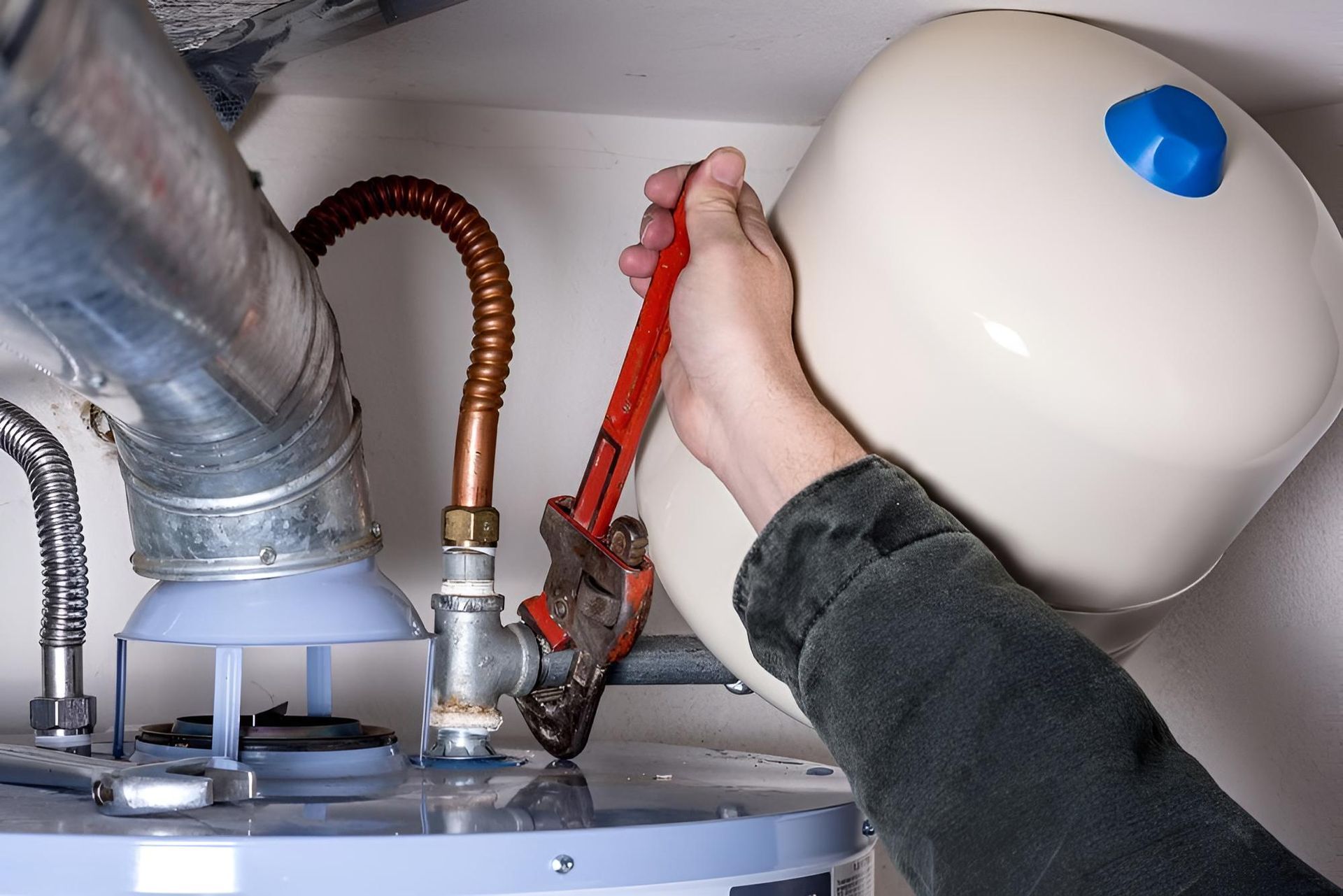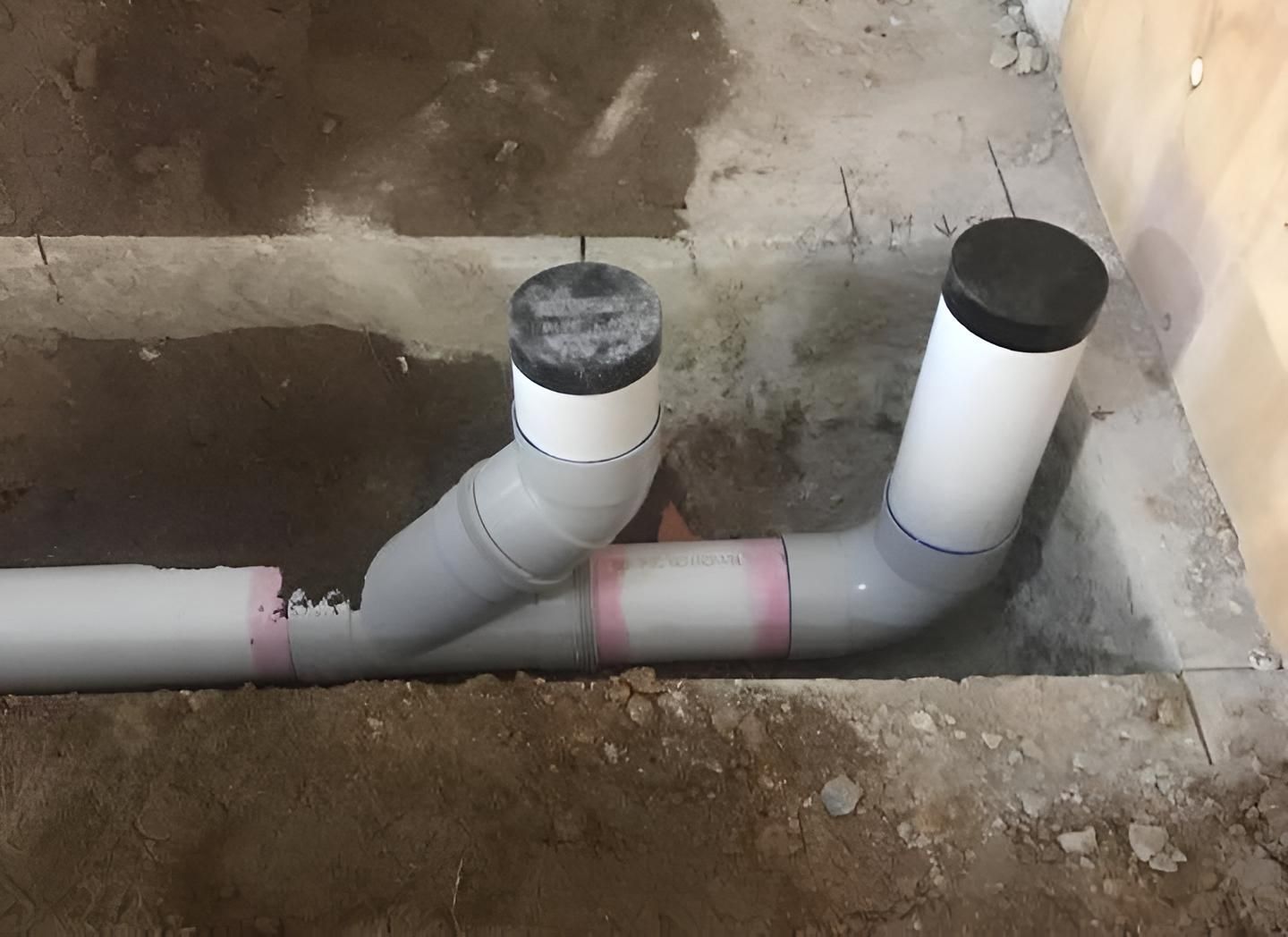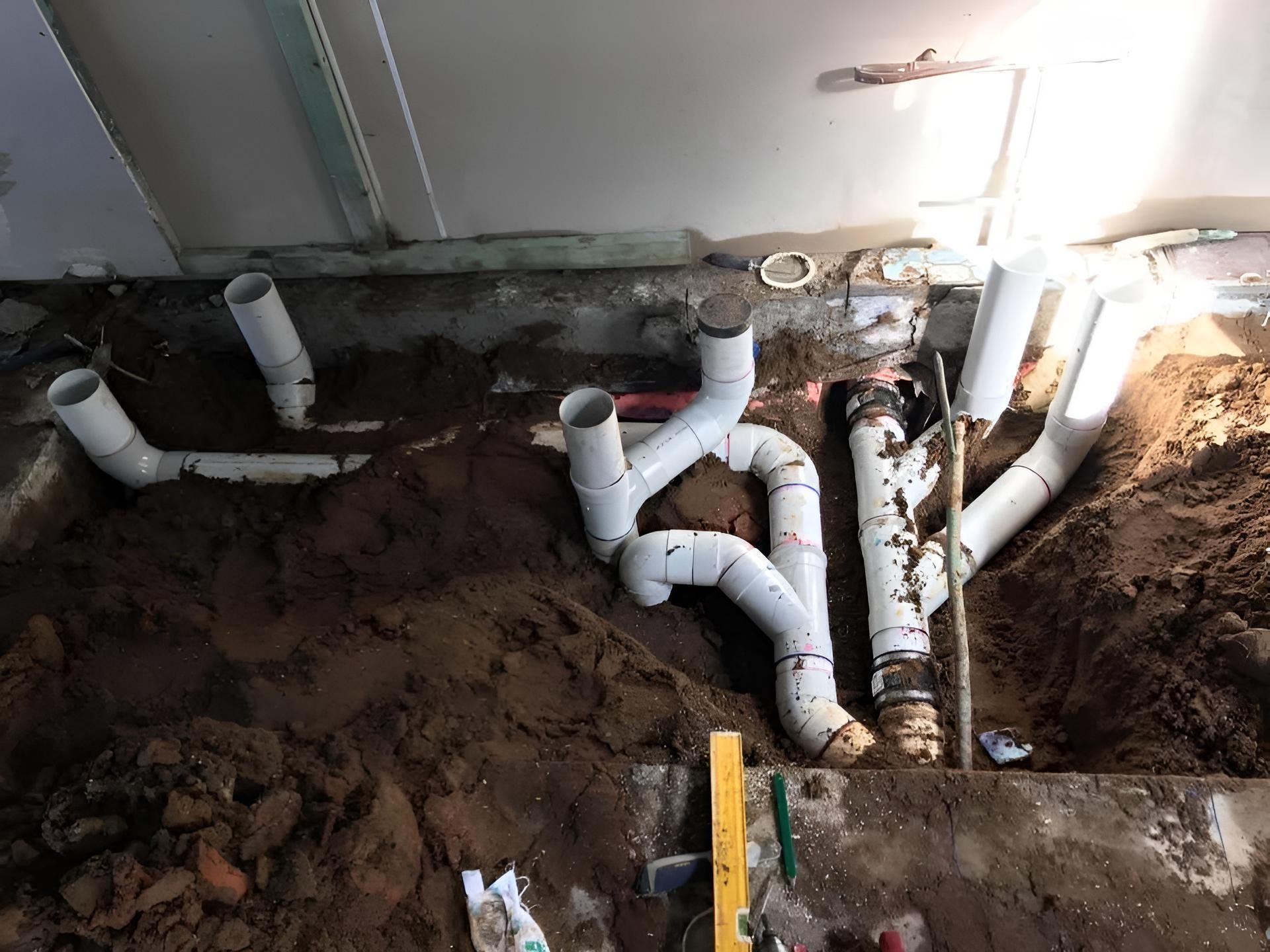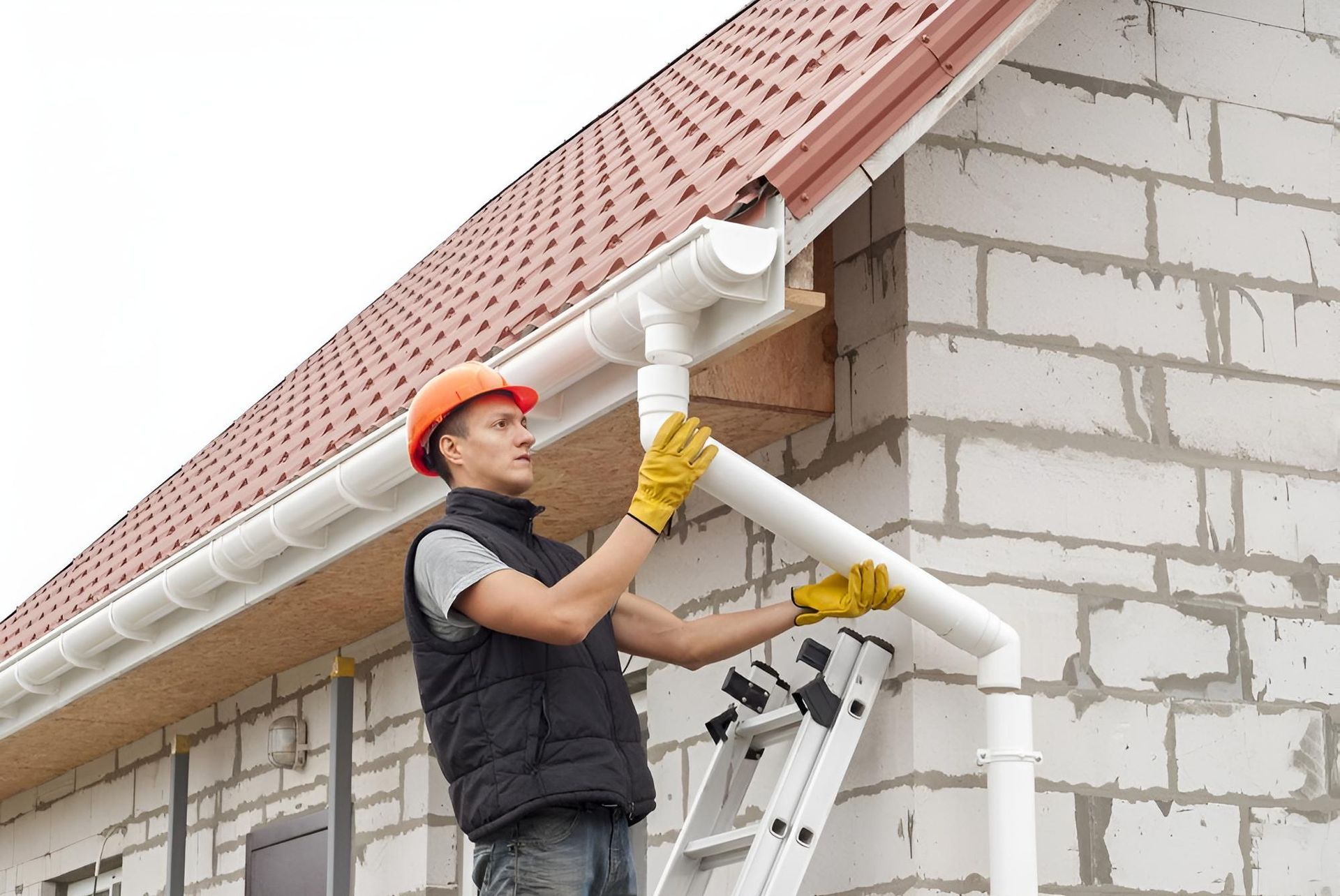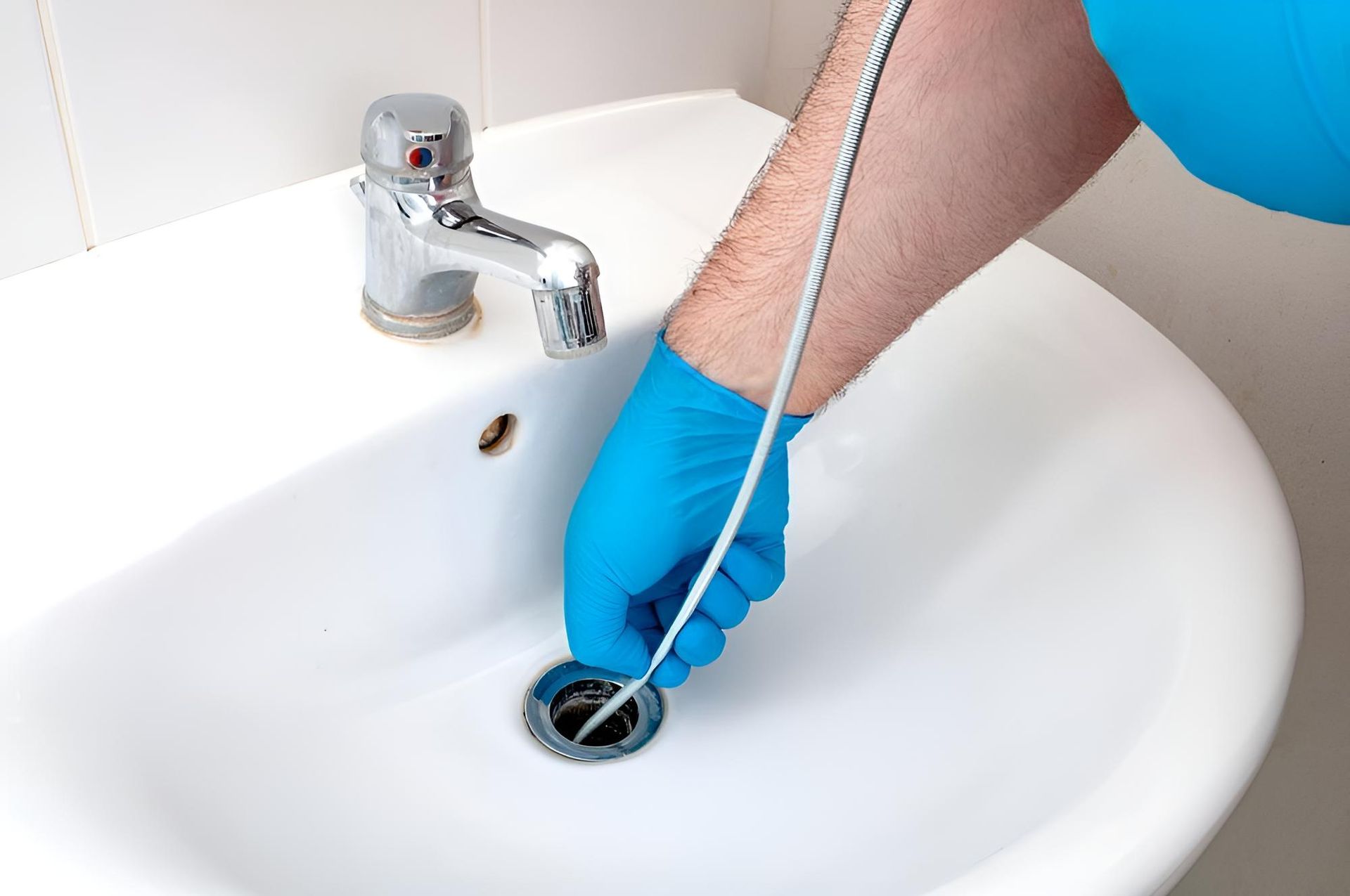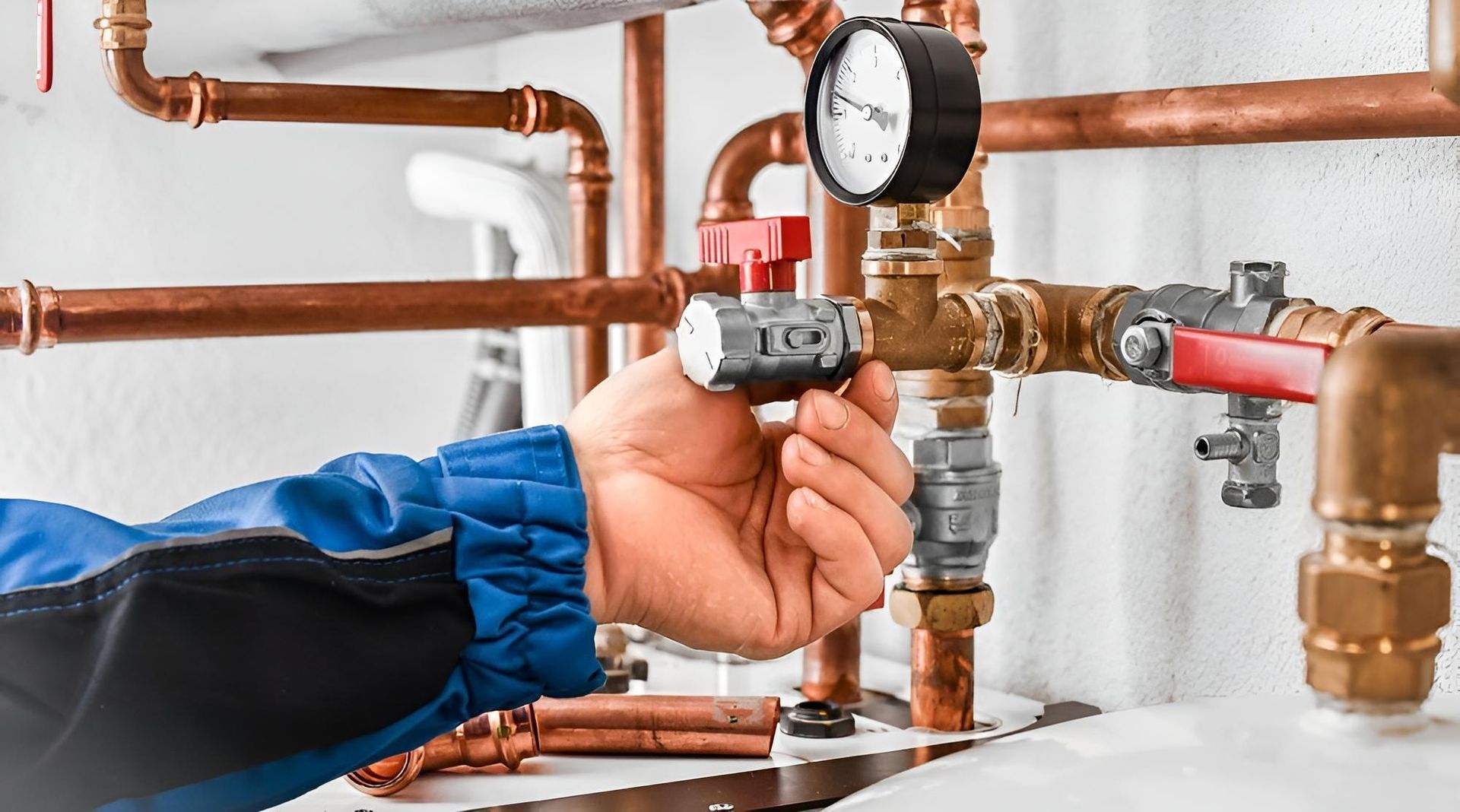Tips For Avoiding Blocked Drains
A blocked drain is an inconvenience that most of us can do without. Although at times a blockage is caused by a random event that can't be predicted or prevented, in many instances the blocked drain is caused by poor waste disposal habits. If you're eager to keep your risk of a blocked drain as low as possible, follow these effective suggestions.
Don't Dispose Of Unsuitable Items Down The Toilet
Examples of items that shouldn't be flushed down the toilet include sanitary items, disposable nappies, cotton buds/Q-tips, cotton wool, make-up wipes or baby wipes.
Be Careful What Gets Emptied Down The Sink
Make sure that food scraps are removed from plates before they're washed (either by hand or in the dishwasher).
Install Hair Traps In Showers And Baths
Address Broken, Chipped Or Uneven Pipes
Over time, pipe interiors will inevitably begin to show signs of wear. Small cracks or chips in the pipe's inner surface alter the flow rate of waste as it passes through the pipe to the main drain. Any unusual contours are likely to slow the flow, prompting waste material to be deposited. As the amount of deposited material grows, the flow slows, creating the opportunity for further deposition to occur. This may swiftly lead to a blockage.
If your property is suffering from reoccurring blocked drains, despite good practice in waste disposal, it's probably worth getting the inside of your pipes inspected by a professional who may use a cable-mounted CCTV camera to take a look. Depending on what the CCTV shows, you may need the pipes relining, or other remedial work.
For a fast solution to blocked drains, as well as a competent provider of remedial drainpipe repairs,
get in touch
with the
team
at
Richardson Plumbing.

